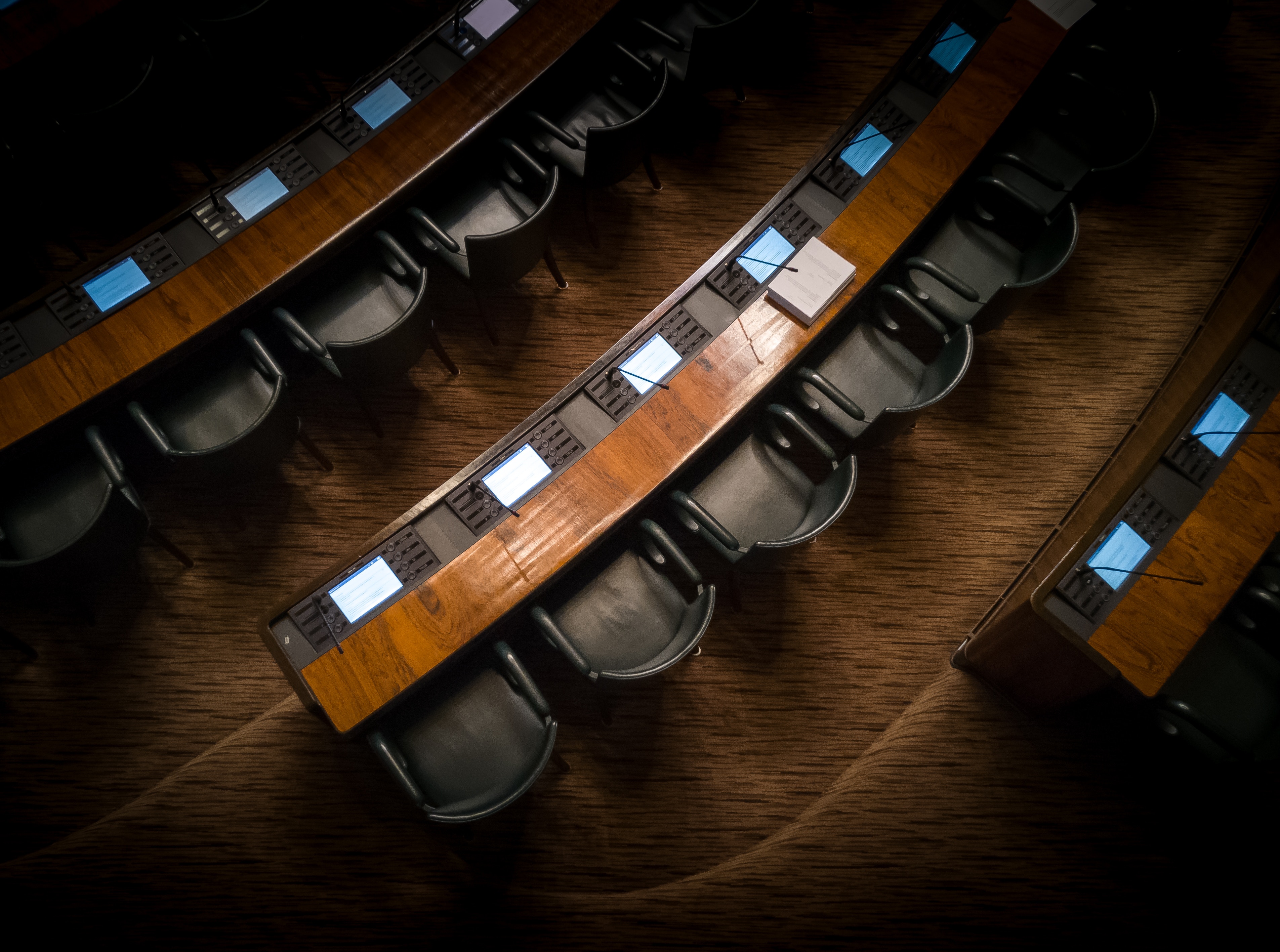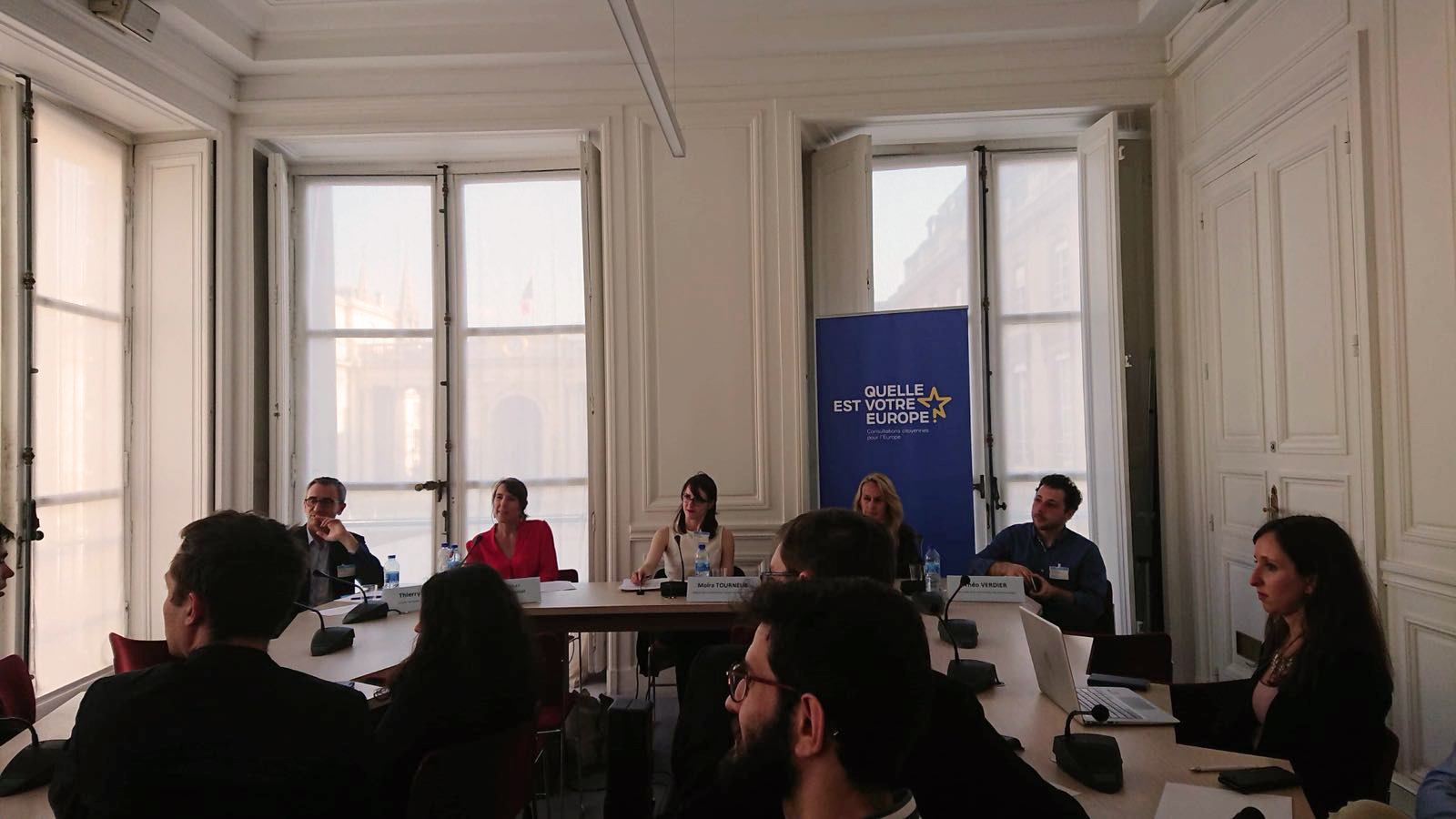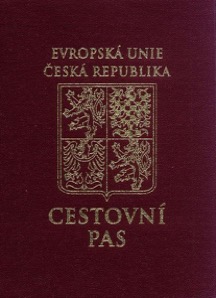
Written by Enna Zone Donlic
On 7th of October 2018, Bosnia and Herzegovina had the 8th general elections since independence. 72 political parties and 39 independent candidates were running for the position of Presidency, representatives in the Parliament at the state, entity and cantonal level as well as President and Vice-President of the Republika Srpska. The electoral process is very complicated and vexing. Against this background, there is a need to explain the electoral process before reporting on the elections.
The Central Election Commission opened the call for the elections nominations in May 2018 in accordance with the Bosnia and Herzegovina Election Law (Centralna izborna komisija, 2018). The application for a political entity to participate in the 2018 General Election was:
A) Political parties:
- 20.000KM for the elections of the members of Presidency of Bosnia and Herzegovina;
- 20.000KM for the elections of the members of the House of Representative of the Parliament of Bosnia and Herzegovina;
- 14.000KM for the election of the members of the House of Representative of Federation of Bosnia and Herzegovina, President of Republika Srpska and members of the National Assembly of Republika Srpska;
- 10.000KM for the elections of members of the cantonal assemblies in the Federation of Bosnia and Herzegovina.
B) Independent candidates:
- 10.000KM for the elections of the members of Presidency of Bosnia and Herzegovina;
- 10.000KM for the elections of the members of the House of Representative of the Parliament of Bosnia and Herzegovina;
- 7.000KM for the election of the members of the House of Representative of Federation of Bosnia and Herzegovina, President of Republika Srpska and members of the National Assembly of Republika Srpska;
- 5.000KM for the elections of the members of the House of Representative of the Parliament of Bosnia and Herzegovina (Centralna izborna komisija, 2018).
This article will focus on the explanation and analysis of the election results of the highest government authorities, the Presidency of Bosnia and Herzegovina and the Parliament of Bosnia and Herzegovina.
The Presidency of Bosnia and Herzegovina consists of the three members: one Bosniak, one Croat and one Serb, each directly elected in the entity according to the Electoral law that was adopted by the Parliamentary Assembly. The Bosniak and Croat members of the Presidency of Bosnia and Herzegovina are elected from the territory of the Federation of Bosnia and Herzegovina, while Serb member of Presidency is elected from the territory of the Republika Srpska. The Chair of the Presidency of Bosnia and Herzegovina shall be changed every eight months by the principles of rotation among the members of the Presidency. The term of the Members of the Presidency shall be four years. (The Official Gazette of Bosnia and Herzegovina, 2013) (Dayton Peace Agreement, 1995).
Article IV of the Constitution defines the Parliamentary Assembly of Bosnia and Herzegovina as a legislative branch of the government. It is bicameral assembly with two chambers – Lower house or House of Representatives and Upper House or House of Peoples. The House of Representatives of the Parliamentary Assembly of Bosnia and Herzegovina shall consist of forty-two members, twenty-eight of whom shall be directly elected by voters in the Federation of Bosnia and Herzegovina, and fourteen directly elected by voters from the Republika Srpska. According to the Election Law of Bosnia and Herzegovina, of the twenty-eight members who shall be directly elected by voters in Federation of Bosnia and Herzegovina, twenty-one are elected from multi-member constituencies under the proportional representation and seven are the compensatory mandates elected from the territory of the Federation of Bosnia and Herzegovina according to Article 9.6 of the Election Law of Bosnia and Herzegovina. Of the fourteen members directly elected from the territory of Republika Srpska, nine are elected from the multi-member constituencies under proportional representation and five compensatory mandates are elected from the territory of Republika Srpska according to Article 9.6 of the Electoral Law.
Four years ago, in 2014, elected members of the Presidency were Dr Mladen Ivanić, member of the Presidency of B&H from Republika Srpska; Dr Dragan Čović, Croat member of the Presidency of B&H and Bakir Izetbegović as the Bosniak member of the Presidency of B&H. (Predsjedništvo Bosne i Hercegovine, 2014) Political parties that got the majority of the votes were Stranka Demokratske Akcije (Party of Democratic Action)-SDA, Savez nezavisnih socijaldemokrata (Union of independent social-democrats)-SNSD and Coalition around the Hrvatska Demokratska Zajednica (Croatian Democratic Union)-HDZ. (Parlamentarna skupština BiH, 2014) Nationalistic rhetoric plus “us and them” division within the government led to the public’s distrust in the chosen leaders. In the local elections in 2016, some of the municipalities opted from the change of the political parties and choose parties which were in the centre or more left on the political spectrum.
The past few years were marked by protests of the war veterans demanding resolutions from the government for their problems, particularly the development of the unique register of the war veterans, war veteran organisations and 326 KM war veteran supplement but the protests intensified over the past two years as the government’s mandate was ending (Oslobođenje, 2017). Bosnia and Herzegovina’s public was shocked by the murder of a young boy, in Sarajevo, in 2016, that is still unsolved. Soon after a number of the protests demanding justice for the murdered Dženan were organised (Oslobođenje, 2018). Another shock came to public in March 2018 when a young boy from Banja Luka disappeared and his body was found a few days after. This murder case is still under investigation, as there were many mistakes made by the police and prosecution (Žabec, 2018). “Pravda za Davida” is the movement that started soon after the young boy, David´s body was found. A number of protests started to take place across Bosnia and Herzegovina under the parole “Pravda za Dženana i Davida” (Justice for Dženan and David). Members of the “Pravda za Davida” movement have been protesting for more than 200 days at the Banja Luka´s main square that they named “David´s square”. The biggest protests took place two days before elections, simultaneously in Sarajevo, Banja Luka and few other cities in Bosnia and Herzegovina. It was confirmed that 40.000 people were protesting in Banja Luka on Friday, October 5th (Al Jazeera Balkans, 2018).
Even though protests were not political, there was an obvious and direct call for the change of the leading political parties at all levels of governance, as the current ones have not resolved the murder cases of the two boys.
At the same time with these protests, election campaigns by political parties were going on, offering the same nationalistic rhetoric and creating division among people, always stressing the need to vote for “your national” options as “others will vote for theirs”. However, this time citizens of Bosnia and Herzegovina were for the first time in years offered a great choice between a nationalist rhetoric and divisive politics (political parties that are more unionist and oriented towards the representation of all citizens of Bosnia and Herzegovina not just one of the ethnic groups). Among the eleven candidates for the Presidency in the Federation of Bosnia and Herzegovina, citizens had a four excellent candidates, particularly Željko Komšić (from Democratic Front – DF), Boriša Falatar (from Our party – Naša stranka), Denis Bećirović (from Social democrats party – SDP) and Mirsad Hadžikadić (from Platform for progress). Citizens in another entity, Republika Srpska had a choice between the President of Republika Srpska, Milorad Dodik, who was openly arguing for the independence of Republika Srpska and Mladen Ivanjić who is pro-European.
Željko Komšić is widely known to the Bosnia and Herzegovina public, as he already had a chance to be a member of the Presidency of Bosnia and Herzegovina two times. He is considered to be a charismatic leader, liked by the majority of all citizens of Bosnia and Herzegovina due to the fact that he considers himself to be a President of not just one ethnicity but of all citizens of Bosnia and Herzegovina, and in accordance with that he is working towards the united Bosnia and Herzegovina and country of all of its citizens not just for the three ethnicities. Denis Bećirević was one of the possible choices for the Bosniak Member of the Presidency of B&H from the Social democratic party who propagated the unity of all citizens. Boriša Falatar and Mirsad Hadžikadić were the fresh and new faces in the Bosnia and Herzegovina political scene, Harvard graduates offering the path of progress and unity for Bosnia and Herzegovina.
General elections were awaited with a great optimism for unity, progress and EU – NATO integration dedication, as citizens were expecting a change. However, the voter turnout was not as high as it was expected, according to the Central Election Commission voter turnout on the General elections 2018 was just a little over 53% (Centralna izborna komisija, 2018).
Pre-election optimism did not lead to any change; on the contrary, it still remained the same. Once again, citizens have chosen the same political parties for the Parliament of Bosnia and Herzegovina. Party of Democratic Action (SDA), Croatian Democratic Union (HDZ) and Union of the independent social-democrats (SNSD) are the parties that are in the power since the independence of Bosnia and Herzegovina. In the Federation of Bosnia and Herzegovina majority of citizens voted for the SDA, 25.48%, then 14.71% voted for the coalition gathered around HDZ and 14.23% gave their vote to the Social-democratic party of B&H (SDP)(Centralna izborna komisija, 2018). On the other side in Republika Srpska, the majority of citizens, 39.10% voted for the SNSD, 24.34% voted for the Coalition around Serb Democratic Party (SDS) and 12.56% gave their vote to the Party of Democratic Progress (PDP) (Centralna izborna komisija, 2018).
Two out of three elected members of the Presidency of B&H come from the parties that are widely known for their nationalistic rhetoric. From Federation of Bosnia and Herzegovina, as a Bosniak member of presidency Šefik Džaferović, member of the Party of Democratic Action, was elected with the 36.61% of votes, while Milorad Dodik, the member of the Union of independent social democrats, was elected as the Serbian member of the Presidency of B&H with the 53.88% of votes (Centralna izborna komisija, 2018). On the bright side, from Federation of Bosnia and Herzegovina, Željko Komšić, president of the Democratic Front, was elected as the Croat member of the Presidency of B&H with the 52.64% of votes (Centralna izborna komisija, 2018).
It can be noted that these elections were marked by the many irregularities in the electoral process itself. It was reported that a night before elections, the police was informed about the existence of pre-filled election papers (Pobrić, 2018). During the Election Day, citizens noted many irregularities most notably a father discovered that his son´s signature was forged and someone voted in the name of his son, who is currently studying in Germany (BN, 2018). Another irregularity is the one that is being highlighted on each and every election; deceased people are found on the registered voters’ roll. (N1, 2018)
On the other side, now former Croat member of the Presidency Dragan Čović and some of the politicians from the Republic of Croatia argue that Željko Komšić is not a true Croat member of Presidency of B&H as he is voted by the Bosniaks in Federation of Bosnia and Herzegovina. Furthermore, they claim that he should not be a rightful representative of the Croats in the Presidency, as they did not vote for him. In fact, they are claiming that Bosniaks in Federation of B&H should vote only for the Bosniak candidates and Croats for the Croat candidate, as it is indicated in the Constitution (RadioSarajevo, 2018) (Jutarnji, 2018). From these statements, it is evident that they are either not very familiar with the Constitution or they are biased. In the Constitution of Bosnia and Herzegovina, it is indicated that the Presidency of B&H shall have three members: one Bosniak, one Croat and one Serb. Bosniak and Croat members of the Presidency shall be elected from the territory of the Federation of Bosnia and Herzegovina, while Serb member will be elected from the territory of Republika Srpska. Therefore, Constitution only defines from which territory will the members of the Presidency be elected, it does not imply in any of its articles that Bosniak, Croat or Serb member of Presidency should be voted only be the Bosniaks, Croats and Serbs respectively. If the Constitution implied that on the territory of Federation of B&H citizens of Croat nationality should vote only for Croat member of Presidency and Bosniak for Bosniak, than that would mean that only Serbs living on the territory of Republika Srpska will be eligible to vote for the member of the Presidency, then this provisions would leave Others with no right to vote for the members of the Presidency.
The hopes for a change were lost, once again the majority of the citizens choose to stay in the same place, they voted for the people that brought them in the position they are in now. From this point onward, there is no point in protesting against the government and their decisions, as citizens did not opt for a change instead they voted for the same people and same political parties.
Once again citizens opted to sell their votes for 50KM (25EUR)- is that how you bring democracy? Is this the way you build the future for your children? Is that how we keep young and skilled people in the country?
No, definitely NOT. This is Panem et circenses (Bread and circuses. / Hljeba i igara.). The only problem is that there is enough bread for one day, but the circuses will continue for the next four years, but most probably even longer as Bosnian people obviously do not have a tendency to change. They opt for one day of pleasure, instead of long-term prosperity. Is it not better if you will have a long-term higher salary, pension or scholarship? Is it not better to have improved education and business opportunities? What about the high unemployment rate?
There will be no change in Bosnia and Herzegovina until we vote differently in the elections. There is not different election outcome until people change. When will people learn to choose better, who knows, maybe when there will be no person living in Bosnia and Herzegovina except politicians.
References:
Al Jazeera Balkans. (2018, October 6). Snimak dronom: 40.000 svjetala za Davida u Banjoj Luci. Retrieved October 10, 2018, fromhttp://balkans.aljazeera.net/video/snimak-dronom-40000-svjetala-za-davida-u-banjoj-luci
BN. (2018, October 7). Banjalučanin otkrio prevaru. Retrieved October 10, 2018, from https://www.rtvbn.com/3924753/banjalucanin-otkrio-prevaru
Centralna izborna komisija. (2018, May 8). Odluka o raspisivanju i održavanju Općih izbora u Bosni i Hercegovini 2018. godine. Retrieved October 10, 2018, from http://www.izbori.ba/Documents/Opci_izbori_2018/O/Odluka_o_raspisivanju_izbora_2018-bos.pdf
Centralna izborna komisija. (2018, October 7). Odziv biraČa na biraČkim mjestima za izbore 2018 do 19:00 sati. Retrieved October 10, 2018, from http://www.izbori.ba/Documents/Opci_izbori_2018/Os/Odziv/Odziv_do_19_00.pdf
Centralna izborna komisija. (2018, October 10). Parlamentarna skupština BiH, Federacija BiH. Retrieved October 10, 2018, from http://www.izbori.ba/rezultati_izbora?resId=25&langId=1#/2/1/0/0/0/0
Centralna izborna komisija. (2018, October 10). Parlamentarna skupština BiH, Republika Srpska. Retrieved October 10, 2018, from http://www.izbori.ba/rezultati_izbora?resId=25&langId=1#/2/2/0/0/0/0
Centralna izborna komisija. (2018, April). Pravilnik o prijavi i uslovima za ovjeru političkih subjekata za učešće na Općim izborima 2018.godine. Retrieved October 10, 2018, from http://www.izbori.ba/Documents/Opci_izbori_2018/P/Pravilnik_o_prijavi_politickih_stranaka_2018-bos.PDF
Centralna izborna komisija. (2018, October 10). Predsjedništvo BiH, Federacija Bosne i Hercegovine. Retrieved October 10, 2018, from http://www.izbori.ba/rezultati_izbora?resId=25&langId=1#/1/1/0/0/702
Centralna izborna komisija. (2018, October 10). Predsjedništvo BiH, Republika Srpska. Retrieved October 10, 2018, from http://www.izbori.ba/rezultati_izbora?resId=25&langId=1#/1/2/0/0/703
Dayton Peace Agreement. (1995). Retrieved November 10, 2017, from The General Framework for Peace in Bosnia and Herzegovina. Annex 4: Constitution: https://peacemaker.un.org/sites/peacemaker.un.org/files/BA_951121_DaytonAgreement.pdf
Jutarnji. (2018, October 8). PLENKOVIĆ O REZULTATIMA IZBORA U BiH ‘Hrvatima ovakav scenarij nije dobar. Hoću li surađivati s Komšićem? Vidjet ćemo…’. Retrieved October 10, 2018, from https://www.jutarnji.hr/vijesti/hrvatska/plenkovic-o-rezultatima-izbora-u-bih-hrvatima-ovakav-scenarij-nije-dobar-hocu-li-suradivati-s-komsicem-vidjet-cemo/7917408/
N1. (2018, October 7). Incident u Parlamentu: Građanin ušao na press CIK-a. Retrieved October 10, 2018, from http://ba.n1info.com/a289599/Vijesti/Vijesti/Incident-u-Parlamentu-Gradjanin-usao-na-press-CIK-a-VIDEO.html
Oslobođenje. (2018, July 21). PRAVDA ZA DŽENANA – Danas protest ispred Narodnog pozorišta, dolazi i Davor Dragičević. Retrieved October 10, 2018, from https://www.oslobodjenje.ba/vijesti/bih/pravda-za-dzenana-danas-protest-ispred-narodnog-pozorista-dolazi-i-davor-dragicevic-380574
Oslobođenje. (2017, July 11). Zahtjevi koje tražimo rješavaju probleme i države i nas boraca. Retrieved October 10, 2018, from https://www.oslobodjenje.ba/vijesti/bih/zahtjevi-koje-trazimo-rjesavaju-probleme-i-drzave-i-nas-boraca
Parlamentarna skupština BiH. (2014). Stranačka struktura – Parlamentarna skupština BiH. Retrieved October 10, 2017, from https://www.parlament.ba/Content/Read/27?title=Statisti%C4%8Dkipodaci
Pobrić, N. (2018, October 6). SIPA u Sapni: Građanima podijeljeni popunjeni glasački listići, obaviješten CIK. Retrieved October 10, 2018, from https://faktor.ba/vijest/sipa-u-sapni-gradanima-podijeljeni-popunjeni-glasacki-listici-obavijesten-cik/6282
Predsjedništvo Bosne i Hercegovine. (2014). Hronologija Predsjedništva BiH. Retrieved October 10, 2018, from http://www.predsjednistvobih.ba/hron/default.aspx?id=10074&langTag=bs-BA
RadioSarajevo. (2018, October 7). HDZ / Dragan Čović: Žalosti me što su naši prijatelji Bošnjaci izabrali ovo. Retrieved October 10, 2018, from https://www.radiosarajevo.ba/vijesti/bosna-i-hercegovina/dragan-covic/314878
The Official Gazette of Bosnia and Herzegovina. (2013). Election Law of Bosnia and Herzegovina. Retrieved October 10, 2018, from https://www.izbori.ba/Documents/documents/English/Laws/BIHElectionlaw.pdf
Žabec, K. (2018, October 8). Pravda za Davida. Retrieved October 10, 2018, from https://www.jutarnji.hr/vijesti/svijet/video-dodik-je-najveci-zlocinac-ovog-naroda-reporter-jutarnjeg-s-majkom-i-ocem-ubijenog-davida-otima-ga-policija-muci-i-ubija-znamo-razlog/7916094/

 The ’Ndrangheta’s Infiltration and Threat to European Institutions
The ’Ndrangheta’s Infiltration and Threat to European Institutions  From Paper to Practice: How Grassroots Norms Undermine Gender Rights in Pakistan
From Paper to Practice: How Grassroots Norms Undermine Gender Rights in Pakistan  Exploited Childhoods: The Role of Global Corporations in Perpetuating and Mitigating Child Labour
Exploited Childhoods: The Role of Global Corporations in Perpetuating and Mitigating Child Labour  Human Rights Challenges in Addressing SLAPPs in Media, NGOs and Journalism in the EU
Human Rights Challenges in Addressing SLAPPs in Media, NGOs and Journalism in the EU 


